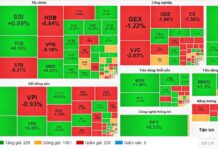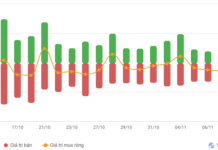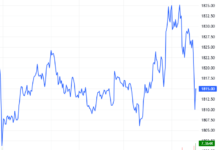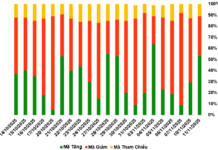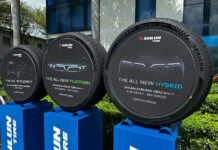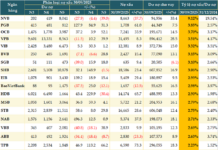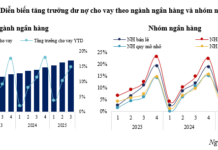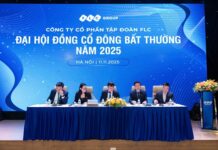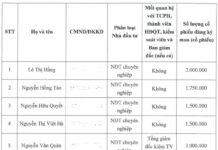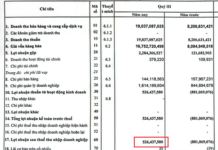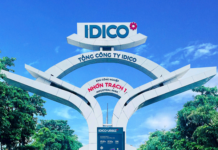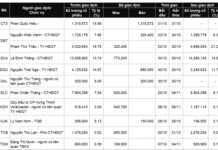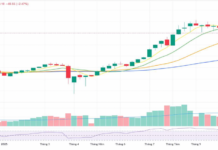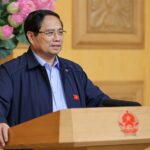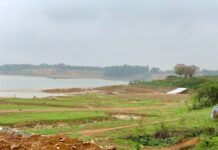On the morning of November 10th, Hanoi University of Civil Engineering, in collaboration with the Vietnam Road Administration, hosted a seminar titled “International Experience in Expressway Management, Operation, and Exploitation: Proposals for Application in Vietnam.”
At the seminar, Mr. Lê Châu Thắng, Deputy General Director of Deo Ca Infrastructure Investment Joint Stock Company, revealed that as of October this year, the company is managing and operating 32.85 km of road tunnels, 204.19 km of expressways, 215.28 km of roads of various classes, 209 bridges, and 19 toll stations.
Amid the robust development of transportation infrastructure, Vietnam’s expressway network has reached nearly 2,300 km in operation, with projections to hit 3,200 km by the end of 2025 and 5,000 km by 2030. However, most expressways are still in their first investment phase, lacking surveillance camera systems. Current management and operation methods remain largely manual, lacking automation, and underutilizing digital technology’s potential.
Addressing these real-world needs, Deo Ca Group and China’s Hua Se Group are implementing a cooperative program leveraging UAV technology combined with artificial intelligence (AI) and digital infrastructure management systems. The application of UAVs aims to manage and operate transportation infrastructure projects such as expressways and road tunnels, making it suitable for Vietnam’s context.

The seminar “International Experience in Expressway Management, Operation, and Exploitation: Proposals for Application in Vietnam” took place on the morning of November 10th.
MSc. Bùi Đình Tuấn, Director of the Exploitation Management Board at VEC, emphasized that the development of the expressway system is a critical measure of a modern economy. In many advanced nations, expressways are not only strategic transportation infrastructure but also symbols of governance capacity, traffic civilization, and sustainable development.
Practices in countries with well-developed expressway systems, such as Japan, South Korea, Germany, and the United States, demonstrate that effective traffic management and organization depend not only on modern infrastructure but also on scientific management methods, advanced technology applications, and the establishment of standard traffic culture.
The current situation in Vietnam shows that expressway management and organization have made significant strides but remain at a basic level. To address these shortcomings, Vietnam requires a modern, flexible, and sustainable expressway management and organization strategy.
First and foremost, Vietnam needs to refine its legal framework, establish specific standards for expressways, and introduce regulations allowing for speed and lane adjustments based on ITS data. This marks a crucial shift from static to dynamic management, from reactive to proactive traffic regulation.
Next, a national expressway traffic control center must be established, integrating all ITS data and utilizing artificial intelligence and big data for analysis, forecasting, and decision-making. Average speed control systems and real-time flexible lane management should be piloted on key routes. Regarding infrastructure, additional standardized rest stops, continuous emergency lanes, and synchronized electronic signage are necessary to support traffic regulation.
Prime Minister Directs Ministry of Public Security to Launch Data Trading Platform in November
According to Prime Minister Phạm Minh Chính, the successful establishment of a data exchange platform in Vietnam will yield comprehensive strategic benefits.
What is PC AI and Why is it Becoming a Game-Changer in the Tech World?
PC AI represents the future of technology, delivering unparalleled artificial intelligence processing capabilities. Despite initial investment challenges, its transformative potential across industries ensures that PC AI systems will become increasingly ubiquitous.

